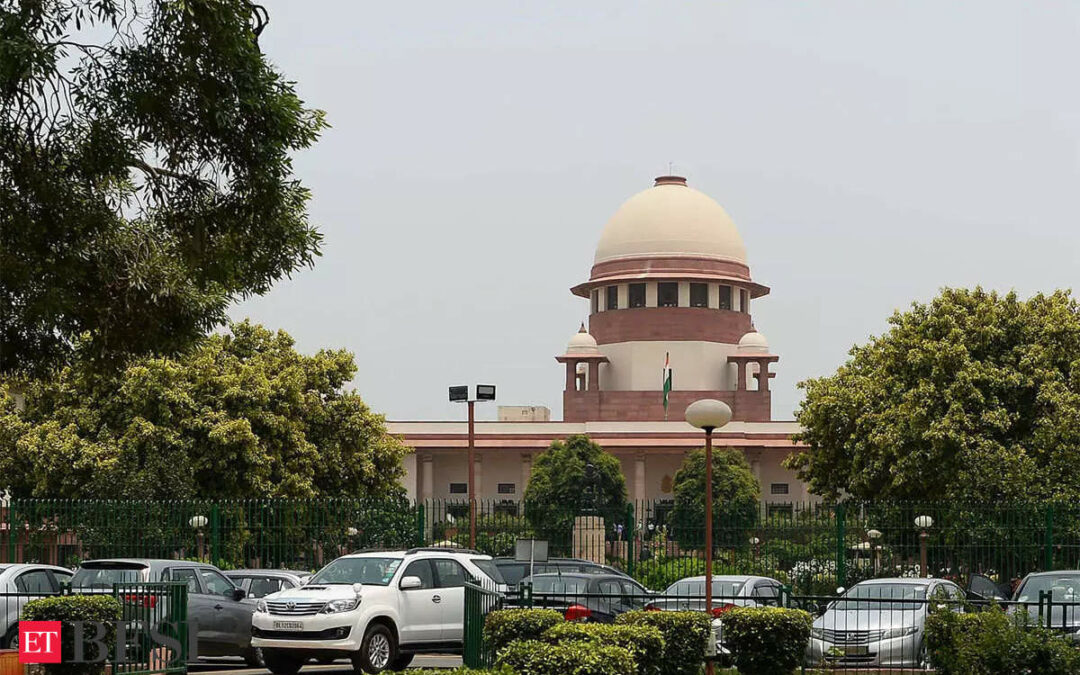The Supreme Court has quashed an FIR and the consequent criminal proceedings against DBS Bank India over a ₹791-crore fund diversion case filed by Religare Finvest Ltd (RFL).
The original petition, a civil suit at the Delhi High Court (HC) and an FIR with the Economic Offences Wing of the Delhi Police, were filed against Lakshmi Vilas Bank (LVB), which later merged with DBS India on a direction from the Reserve Bank of India (RBI). After the merger, RFL sought to implead DBS in the criminal complaints along with former LVB officials.
A Supreme Court bench of Justices S Ravindra Bhat and Arvind Kumar, while setting aside Delhi High Court’s order to continue the proceedings by EOW, said last week that permitting prosecution of DBS for the acts of LVB officials would result in a travesty of justice.
RFL had accused LVB of misappropriation of fixed deposits furnished by it as security for short-term loans availed of by its group companies RHC Holding and Ranchem. While the civil suit was pending in the HC, in September 2019, it filed the FIR claiming that officials of LVB conspired with RHC Holding and Ranchem and siphoned off funds, including the fixed deposits of RFL. After RHC Holding and Ranchem defaulted on loan payments, LVB appropriated the fixed deposits without any prior notice to RFL, it claimed.
Based on the petition, EOW had filed a chargesheet against LVB officials. On November 25, 2020, due to LVB’s unstable financial condition, the RBI directed its non-voluntary amalgamation with DBS.
On February 16, 2021, summons was issued to DBS in the case.
DBS challenged it by filing a petition under Section 482 of the Code of Criminal Procedure before the HC and also sought to quash a supplementary charge sheet that named DBS.
However, the high court, without quashing the summons and the criminal proceedings against DBS, directed the parties to seek a clarification on the scheme of amalgamation that whether criminal liability was passed onto DBS under the terms. The HC observed that quashing the summoning order at that stage might hamper the purpose of the investigation since there was no explicit provision for abatement of criminal proceedings against DBS in the merger scheme sanctioned by RBI.
DBS challenged the high court’s order in the Supreme Court.
“Before the amalgamation, LVB had no ties to DBS. LVB existed as a distinct and separate entity without being part of the same group or affiliate of or in any manner associated with DBS in any capacity,” argued DBS in SC. DBS, which was represented by IndusLaw through partners Amit Jajoo and Sushmita Gandhi, argued that only the actual wrongdoer could be punished for its wrongdoing, and no vicarious criminal liability could be inherited by a transferee company.










